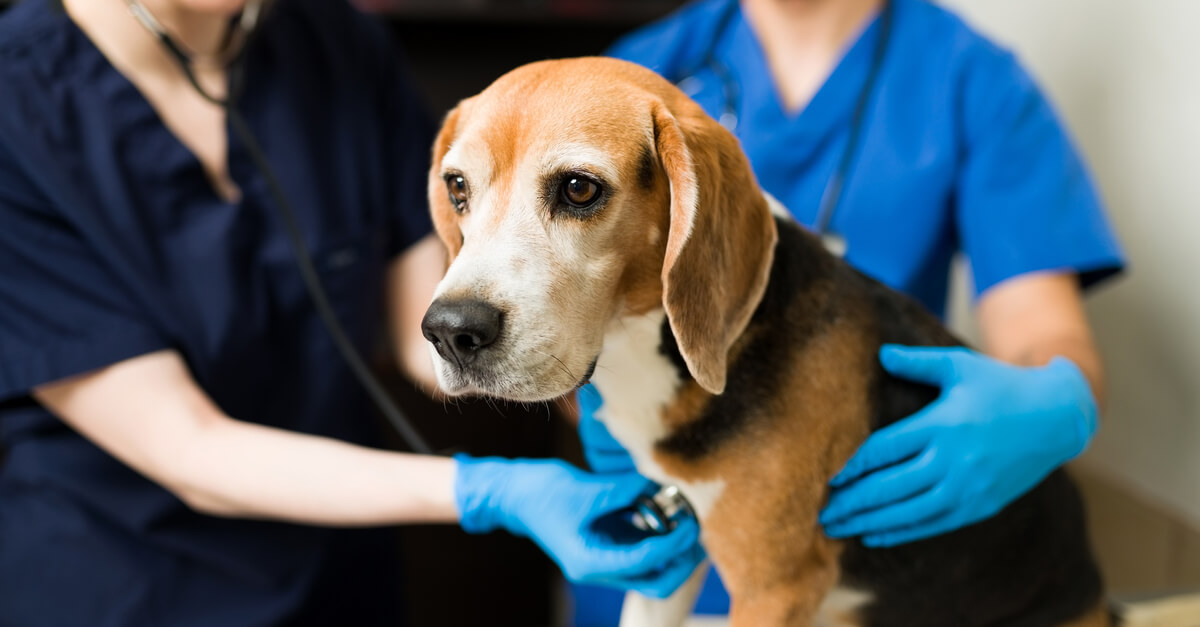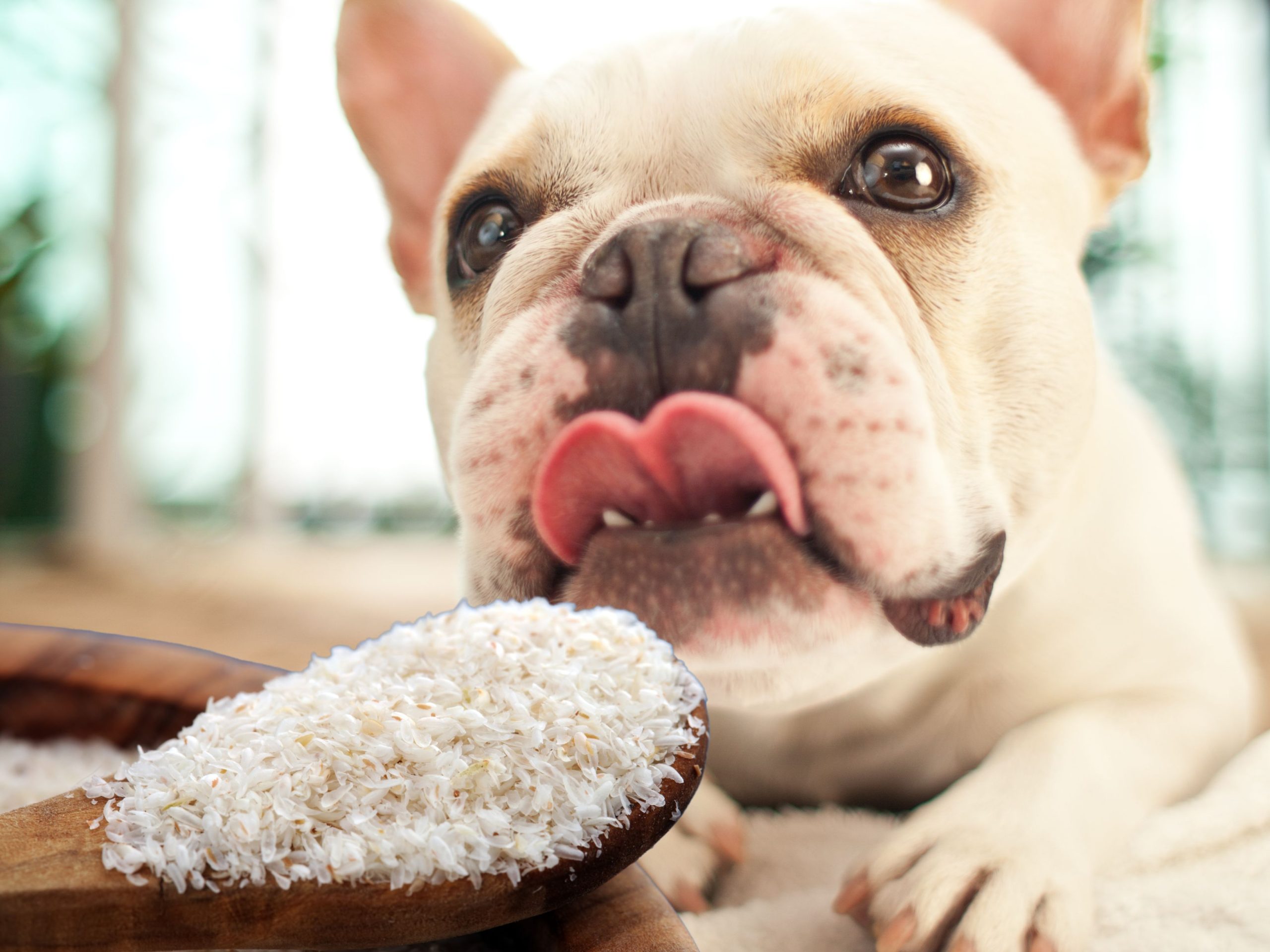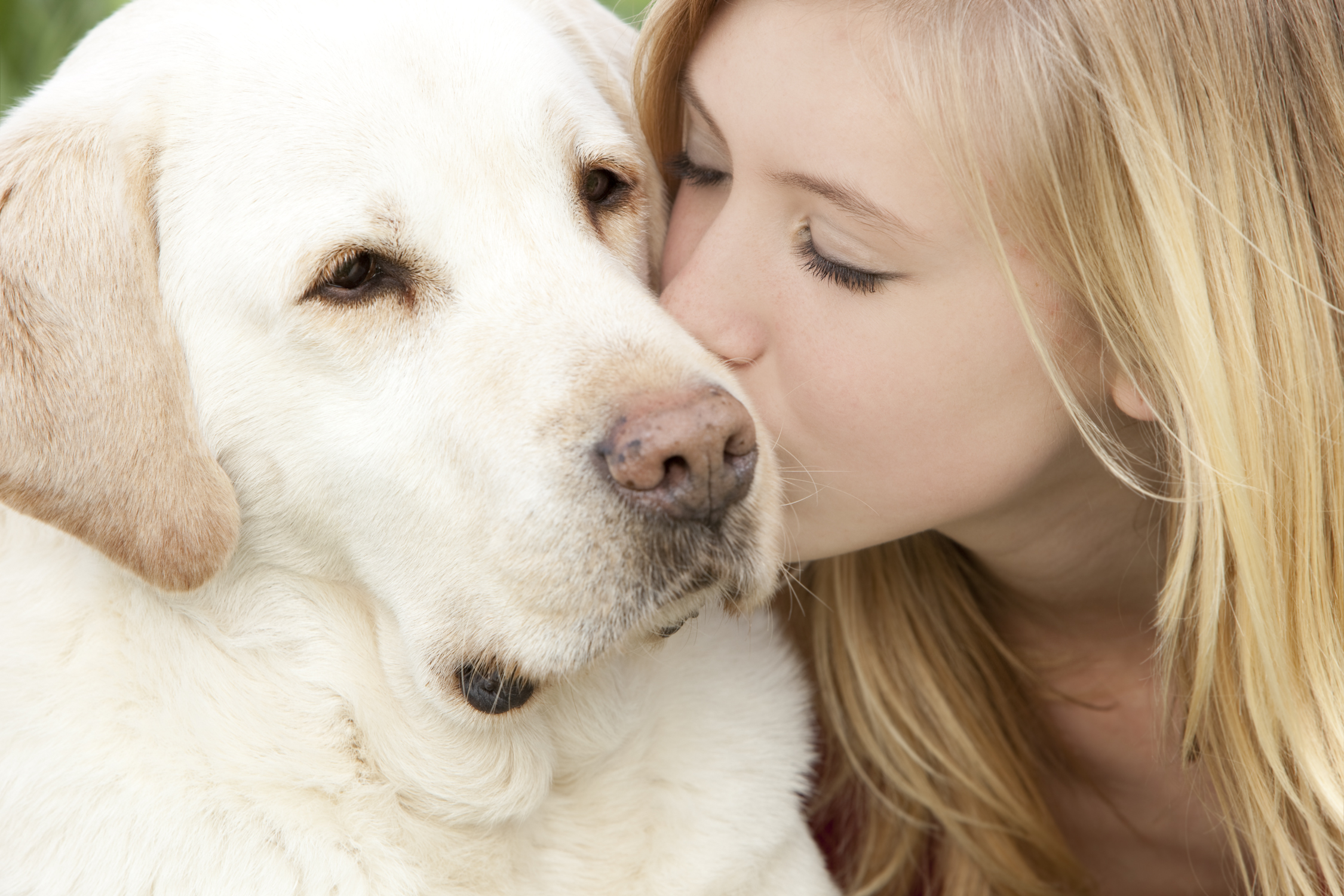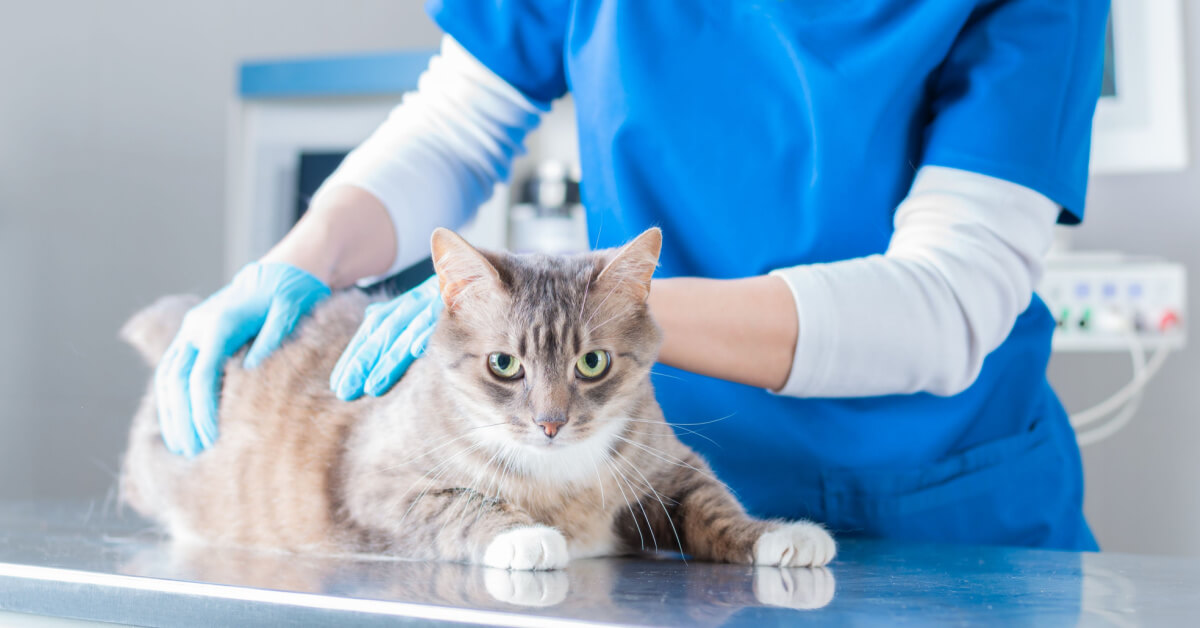
One of the first signs of impacted anal glands in a dog is dragging or scooting their bottoms along the ground. There could also be other signs such as excessive licking or biting, often at the base of the tail. If your dog has impacted anal glands, it could be indicative of the first stage of anal sac disease. Impacted anal glands can become swollen, enlarged, and inflamed, making it very painful for your dog to pass faecal matter.
Bacterial growth in these areas can grow exponentially and cause localised infections as well as painful abscesses near the anus and rectum which, in severe cases, could require surgical treatment. At Crooked Lane, we source premium psyllium husk for dogs which provides dietary fibre which thickens stool, making it easier for dogs with impacted anal glands to pass faeces.
As psyllium makes its way down the digestive tract, it absorbs water in the intestines, swells, and contributes to the formation of a gel-like stool. As psyllium husk absorbs water, free access to water should always be available and it is advised to monitor water intake. We recommend consulting with your veterinarian first. Professional veterinary guidance can help ensure that you’ll choose the appropriate remedy at the right dose for your pet.
What Causes Impacted Anal Glands in Dogs?
Some of the most common causes of impacted anal glands are:
- Breed type and age: Certain breeds of dogs are more prone to suffer from blockages because their anal sac ducts are small. Dachshunds, chihuahuas and poodles may encounter these issues, while older dogs are always more susceptible to anal gland inflammation.
- Health problems: Illnesses such as diarrhea can cause anal gland problems, as firm stools are necessary for the anal glands to naturally express themselves. With persistent or chronic diarrhea, secretions can build up inside the anal glands. Glands that are not adequately emptied may become swollen and eventually become impacted.
- Poor diet, low quality food, unaddressed allergies, and lack of quality dietary fibre can also lead to impacted anal glands.
- Bacterial and fungal skin infection can exacerbate an existing anal gland issue.
- Overweight dogs have a higher tendency to experience recurring anal sac issues.
Treating Impacted Anal Glands in Dogs
Here are some ways to treat and prevent impacted anal glands in dogs:
- If your dog has impacted anal glands, your veterinarian can show you how to manually express the dog’s anal glands to squeeze out liquid so that they can be drained properly.
- In certain cases, your veterinarian may prescribe the use of antibiotics, pain relief and a mild steroidal medication to help reduce inflammation, treat infection and improve recovery.
- The introduction of high-quality fibres into the diet can improve stool thickness, which plays an important role in the proper emptying of anal glands. At Crooked Lane, we recommend psyllium husk.
- Ensure that your dog gets plenty of exercise, fresh water, and eats a high fibre diet, probiotics can also be beneficial.
Psyllium Husk for Horses, Dogs and Cats
If you’re looking for a 100% natural dietary fibre supplement for your animals, look no further than premium psyllium husk for cats, dogs, and horses from Crooked Lane. Visit our website today for a wide range of natural supplements and remedies for pets.






